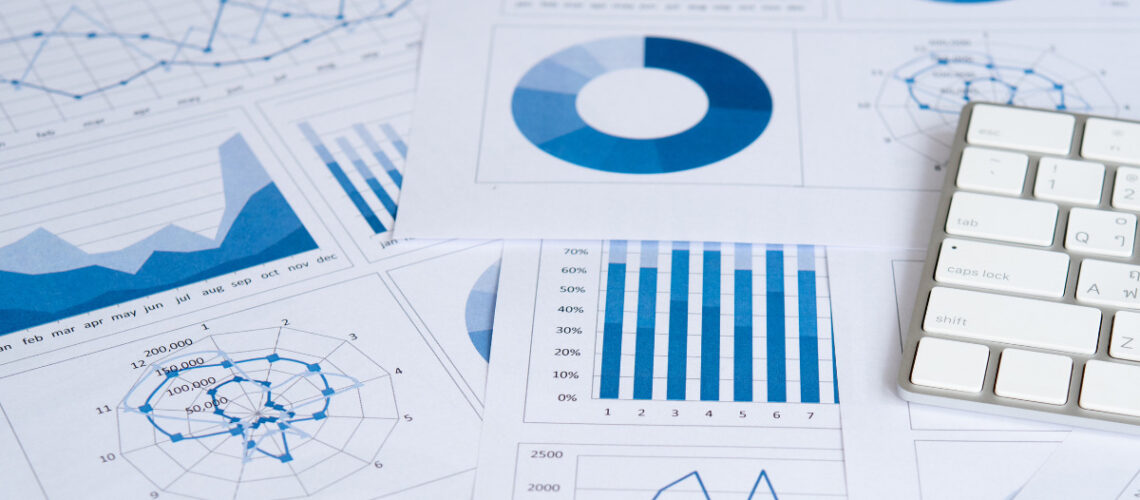In the world of finance and accounting, maintaining an optimized, streamlined accounting workflow is paramount to ensuring accurate and timely financial management. The intricate process of accounting involves numerous tasks, from data entry and invoice processing to financial reporting and analysis. The meticulousness and accuracy required in these tasks demand a well-structured and efficient workflow. Successful accountants and financial experts like Marcia Tiago have recognized the intrinsic value of a smooth, glitch-free operational process that not only ensures consistency and reliability but also fortifies the strategic management of financial resources.
Marcia Tiago, a seasoned professional based in Miami, FL, has been an avid proponent of integrating technology into traditional accounting practices. In the era where data is the driving force behind decision-making, Marcia highlights the vital role of automated tools in enhancing data management within the accounting field. These tools expedite the process of data entry, minimizing human errors and ensuring data accuracy and consistency across various financial reports and documents. Leveraging such automation tools can systematically reduce the workload on accountants, allowing them to shift their focus towards more strategic aspects of financial management, such as budget planning and financial analysis.
In addition to automation, cloud computing has surfaced as a pivotal component in optimizing accounting workflows, as highlighted by many experts in the field. It enables accountants and financial teams to access data and collaborate on tasks remotely, enhancing flexibility and ensuring that projects and financial reports can be updated in real-time, regardless of the team members’ physical locations. Marcia Tiago illustrates that with the introduction of cloud computing, her team has been able to manage and coordinate on various projects with enhanced efficiency and coherency, even when working from different geographical locations.
The next logical step in refining the accounting workflow is the intelligent application of Artificial Intelligence (AI) and Machine Learning (ML). These technologies serve as potent tools in handling complex, data-driven tasks such as predictive analytics, fraud detection, and financial forecasting. By automating these intricate processes, AI and ML facilitate accountants in focusing on value-driven tasks that require a strategic mindset, thereby enhancing the quality of financial management and decision-making within an organization. This fusion of technological advancement with traditional practices enables a forward-thinking approach towards accounting, wherein strategic financial planning is as prioritized as meticulous data management.
In light of an increasingly digitalized world, data security emerges as a pivotal aspect of optimizing accounting workflows. Employing robust cybersecurity measures and ensuring that all financial data is securely encrypted is integral to safeguarding sensitive financial information from potential cyber threats. Additionally, employing multi-factor authentication and access control systems also safeguard against unauthorized access, further fortifying the security of financial data. Marcia Tiago underscores that in her practices, prioritizing data security has been crucial in maintaining the integrity and reliability of her financial management services.
Adapting to technological trends and evolving accordingly is pivotal in maintaining an optimized accounting workflow in today’s dynamic, digitized world. This involves not only the adoption of modern tools and technologies but also ensuring that accountants and financial experts are consistently updated and trained in utilizing these tools effectively. Continuous learning and adaptation to emerging technologies and methodologies stand out as crucial factors in ensuring that the accounting workflow remains streamlined and is continuously improved upon, catering to the evolving demands of the business environment.
Moreover, integrating sustainable practices into accounting workflows is gradually surfacing as a crucial aspect of modern financial management. Sustainability in accounting not only pertains to environmental considerations but also involves ensuring that the financial management practices adopted are sustainable in the long term, ensuring stability and consistency in accounting workflows. The strategic incorporation of socially responsible and sustainable practices into financial management and reporting not only ensures compliance with emerging global standards but also enhances organizational reputation and stakeholder trust.
Optimizing accounting workflow involves a holistic approach that considers not only the technological and strategic aspects of financial management but also emphasizes ethical practices and sustainable development. In an era defined by technological advancements and a global shift towards sustainability, experts like Marcia Tiago illustrate that the future of accounting lies in the seamless integration of innovative technologies with traditional practices, underlined by a firm commitment to ethical, sustainable development.
In summary, accounting workflows are the backbone of efficient financial management within an organization. Their optimization, achieved through the adept integration of technology, continuous learning, and sustainable practices, ensures not only the accuracy and reliability of financial data but also enhances the strategic planning and decision-making capabilities of financial experts. Accountants and financial managers who navigate through this intricate blend of tradition and innovation, like Marcia Tiago, illustrate the future trajectory of the accounting world – a trajectory defined by technological proficiency, strategic acumen, and a steadfast commitment to sustainability and ethical practice.

